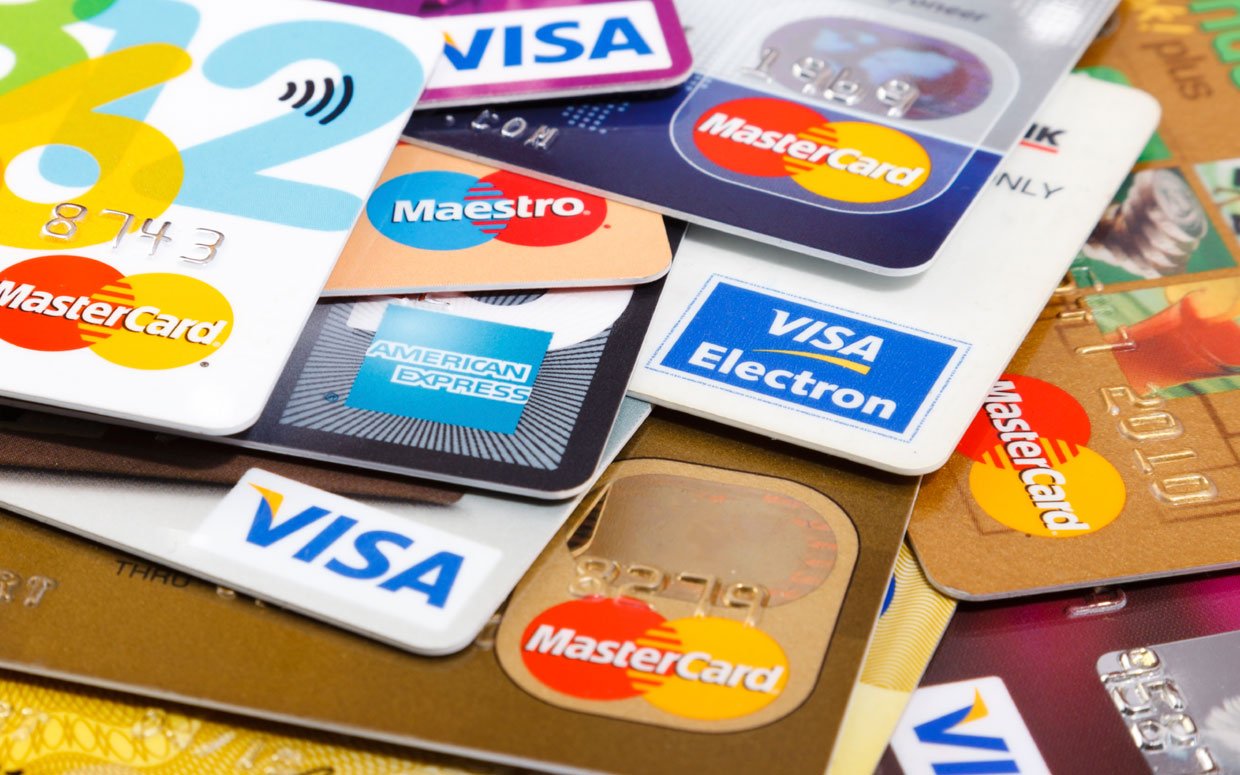
Owning and using a credit card can be confusing. If you run them up, miss payments, and take cash advances, you could get into big financial problems. But you also need them to build credit, shop online, rent cars, and they can provide loyalty rewards and help track your money.
Canada is a nation that loves credit cards. There are 43 million credit cards on the market but only 29 million people over 19 who are eligible to use them. Eighty-nine percent of adults have a credit card in this country. The average credit card debt climbs each year and is now around approximately $4,000 per borrower.
One of the primary reasons why credit card debt is climbing is the lure of rewards programs. We are frequently sold this idea that it is lucrative to have a credit card — spending on it will apparently easily get you free trips or discounts at luxury hotels and the nicest restaurants.
78 percent of Canadians carry a credit card that gets them rewards on points. But what some people fail to factor in, are the annual fees incurred to keep those points rolling in — not to mention the hefty amount of interest you pay if you rack up a credit card debt. Strangely enough, 25 percent of credit card users don’t even use their points after collecting them!
Considering all this, it is extremely important to be smart when choosing and using your credit card. It could save you a whole lot of stress down the line, and more importantly, a whole lot of money.
How To Choose The Right Credit Card
First of all, decide what you want your rewards to get you — travel, electronic items, or a discount on your credit card bill. Points can actually be used in your favour for more than flights. You can use them for everyday goods with some credit cards. Some of the best travel cards on the market right now are the BMO World Elite, Capital One Aspire and American Express Gold Card.
If you’re more of a cash back person, check out the MBNA or Scotia Momentum cash back cards. You’ll get 1-2 percent back in cash on all your spending.
If you’re not a credit card person, just don’t get a fancy credit card at all. You’ll end up paying an annual fee each year and you will never generate enough points for it to make sense. A no fee card is the way to go in this scenario.
If you’re a student, or already have debt on your card, look for a low interest rate card that will help you pay off your debt faster.
How To Use Your Credit Card Wisely
One of the biggest mistakes that people make when using a credit card is easily slapping an expensive item on the card sheerly out of guilt. At the back of your mind, you’re probably reluctant to use your debit card for a $300 pair of boots — paying on credit somehow makes you feel like you can delay paying off the $300. The rule of thumb should be to NOT use your credit card for expensive items that you can’t really afford with cash.
It’s also crucial that you pay your entire bill in full. If you’re somehow stuck in a cycle where you can’t pay your bill off in full, you need to just stop using your credit card. Clearly, you are spending more than you’re earning, and that’s unsustainable. Interest will keep accruing on your credit card until you’ve paid it down to zero.
Think about this — credit card interest is at least 20 percent. So if you buy a new outfit for $100 and only make the minimum payment every month, this new outfit will cost $200 in about four years. One of the things you could do when it comes to online shopping is getting a card just for that purpose and making sure it has a credit limit of $500 just so you don’t overspend on say, Amazon Prime day.
It is sometimes smart to not have the same credit card from the bank you bank with. If you’re in a financial pinch, and the bank thinks you aren’t going to pay your debt, it can take money from your chequing account and leave you high and dry.
Dave!









